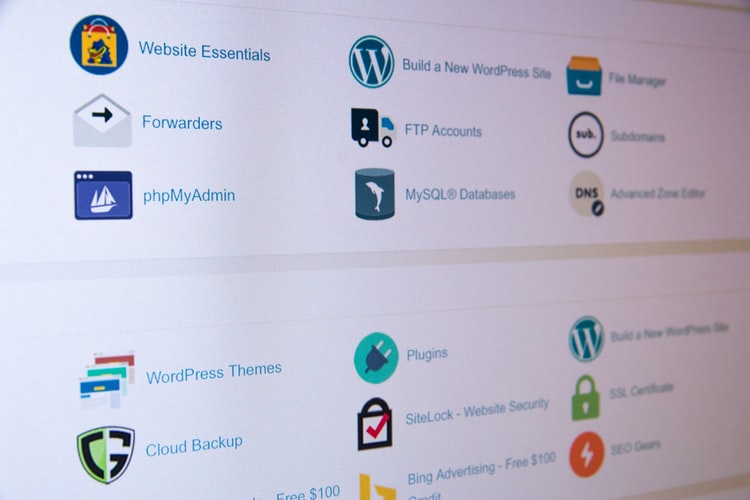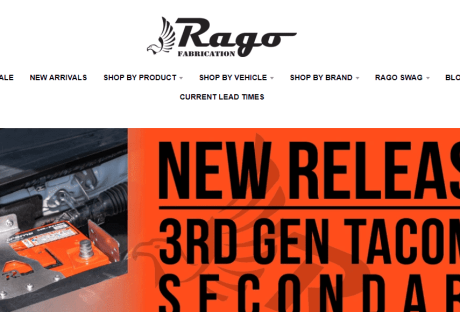With more and more businesses shifting their focus to the online market and setting up shops online, hosting is becoming increasingly popular. Many entrepreneurs are jumping into the concept of online marketing and reseller hosting in the hope of growing their businesses.
With the increasing demand for hosting, a new industry has been formed in the market in the form of reseller hosting. As a result, reselling hosting is getting traction as one of the most profitable businesses today.
What Is Reselling Hosting?
Reseller hosting is a method where a hosting selling company rents hard drive space to another company. The other company then resells it to a third party. The owner who owns the account in the hosting is a reseller. As the demand for hosting is increasing, the market is filled with reselling hosting services.
If you can see yourself doing this business or have a market in your area where you can launch this business, you can take help from unlimited reseller hosting.
How Does Reselling Hosting Work?
Establishing your reselling hosting business is a matter of a few steps. Just follow the steps given to launch your reseller hosting company today.
- Find a marker first. Do thorough research to see whether you know about a market where you can sell your services.
- Now purchase a reseller package that best suits your needs.
- Next, locate potential customers that are willing to pay for your services.
- Do not forget to create your brand.
- Finally, sell them to clients.
FAQs: Everything You Need To Know
With the high demand for hosting platforms due to the business shift on online platforms, entrepreneurs and business owners are leveraging this growth opportunity to build a business on reselling the hosting. This business startup has become quite popular among the younger generation because of its low initial cost and overall simplicity.
Are you a web designer who is looking for another source of income? Or perhaps you have been mesmerized by this business opportunity that you want to try for yourself? No matter what your reasons are, we have compiled the top ten FAQs regarding reseller hosting.
Q1: The Details Of Reselling Hosting?
Some of the host contracts are based on per-client charges. So whenever a new client joins the network, the host charges a set amount. Well, that’s a basic plan. There are packages with different payment systems.
No matter which package you choose, there are few standard features that you should know.
- Reseller hosting gives you the ability to brand your own web hosting company.
- The ability to manage your plans.
- Disk spaces.
- Domain hosting.
- Bandwidth.
Q2: What Are The Benefits Of Reselling Hosting?
When it comes down to the benefits of reseller hosting, the list is rather longer than expected.
- You get to establish your own reseller hosting company.
- Make profits easily.
- Design your own web hosting plans and packages.
- Host and bill your customer using your unique brand.
- Low initial cost with a simplified process.
Q3: Is It An Easy Way To Make Money?
No! It is not as easy as you think. Remember, reselling hosting is similar to small business. And setting up a business is never an uneasy task. While you are establishing your reselling hosting company, you will encounter several problems. However, once you have established the business, it will provide you with a steady income without much effort.
Q4: Are You Going To Need A Hosting Expert?
Nope, you don’t have to be an expert. The provider will handle all the backend processes. You simply need to focus on building up your business.
- Server.
- Hardware.
- Connectivity.
- Network Infrastructure.
- Security.
- Updates.
Everything mentioned above will be taken care of by the reseller hosting provider. However, it is a good idea that you check on these things to have additional information.
Q5: How To Choose The Best Hosting Provider?
Being a customer, you would always want to have the services of the best reseller hosting provider. Hence, in the same way, your customers will look for hosting that offers solutions to their problems. Therefore, here are a few features that you need to keep in mind while selecting a web hosting provider.
- Private nameservers.
- Brandable client panel.
- Impeccable customer support system.
- Easy to use cPanel.
- Fully-managed services.
Q6: Do You Have Capital To Invest?
If you think that setting up a reselling hosting business needs fortune in the form of investment, you are wrong. A reseller hosting business is a business that can be easily set up at an initial low cost. However, after the setup is complete, there are the following factors that you need to consider.
- Design of your business website.
- Marketing costs.
- Business insurance.
- Software license.
- Taxes.
Q7: Will This Business Be A Career Path?
The initial phase of this reseller hosting business career will be challenging. However, once the business has established itself, it will give you a steady flow of income. If you are thinking of taking this business as your career, it is important that you have some additional financial support to get you through the initial phase.
Q8: Will The Clients Know It Is Your Service?
The clients will have no idea that you are reselling the hosting. Therefore you can run your hosting business under your online banner and digital market your brand without your clients identifying who the original provider is.
Hence, with that being said, you have total control over your reseller hosting business with your name written all over it.
Q9: Can You Upgrade Your Business Anytime?
Of course, you can. You are always open with the option to upgrade your plans as your business starts expanding. This helps you easily scale up your reseller hosting business.
Q10: How Do I Get Started?
To get started, you simply need to follow the steps mentioned in the section above talking about how reseller hosting works. The success of your business will lie in what type of hosting provider you are selecting and how high the demand is in your target market.
Conclusion
We hope that this gives you a good overview of what reseller hosting is all about and how you can establish your own reselling hosting business. If you have any other questions related to reselling ghosting, feel free to drop your queries in the comment section.
Read Also:
- Is InterServer The Best Web Hosting Platform Of 2020?
- Why A2 Hosting Is One Of The Best Hosting
- 6 Things To Know Before Choosing Web Hosting For Your Website
- The Complete Guide To Choosing VPS Hosting

























